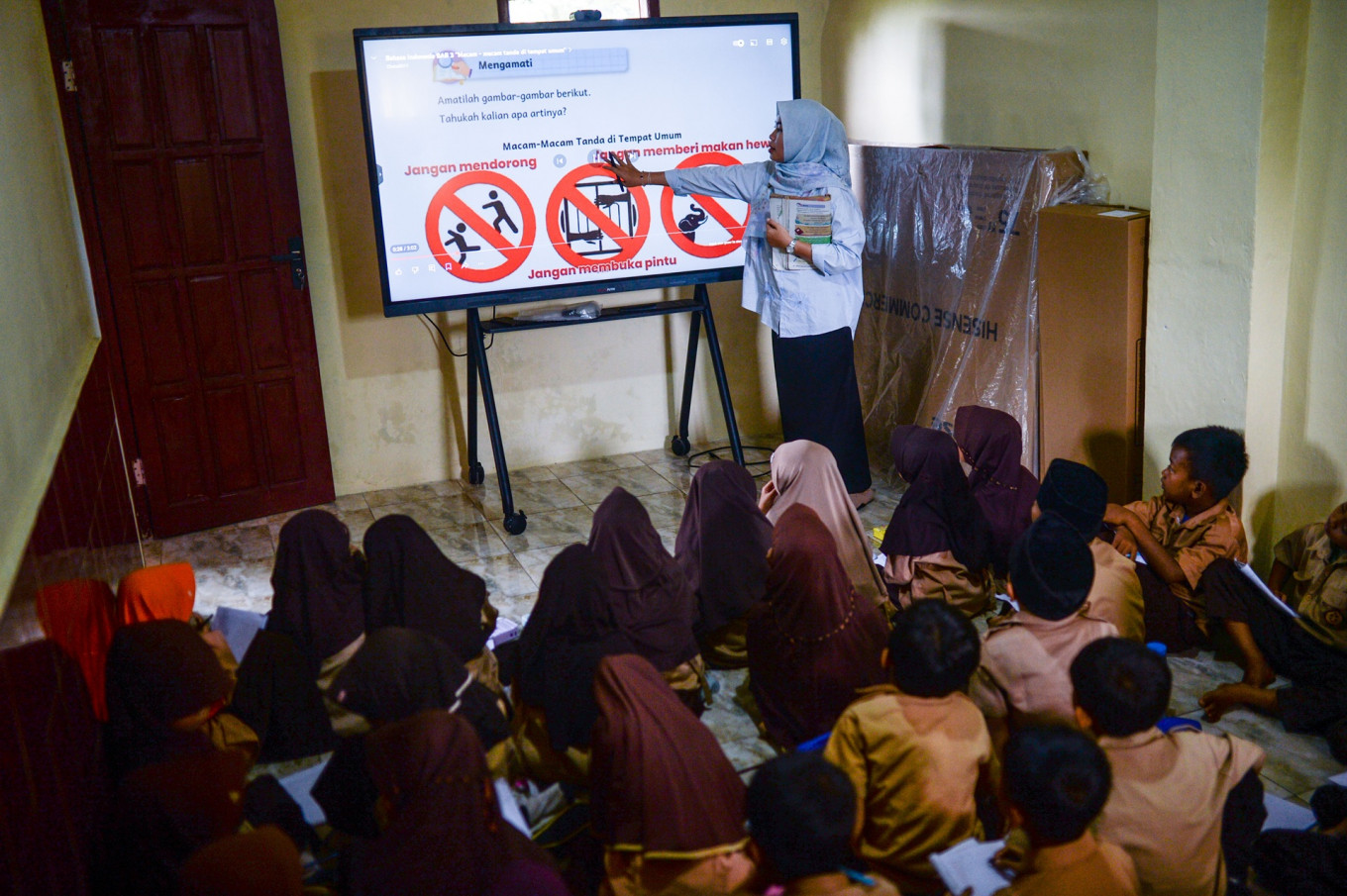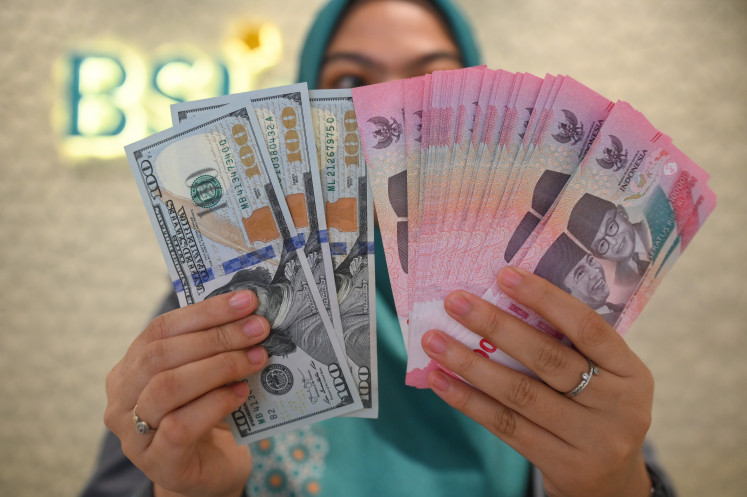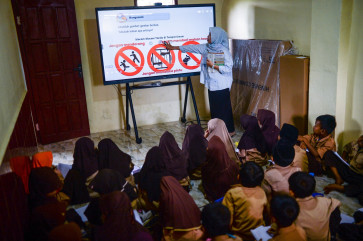Popular Reads
Top Results
Can't find what you're looking for?
View all search resultsPopular Reads
Top Results
Can't find what you're looking for?
View all search resultsBeyond access: Toward true equity in education
True equity in education is about relevance: whether what students learn connects to the lives they will lead, the work they will do and the future they will shape.
Change text size
Gift Premium Articles
to Anyone
F
or decades, Indonesia has worked tirelessly to get every child into school. That effort has succeeded. Today, nearly every child can enroll in basic education. The Gender Parity Index for ages 7 to 12 reached 1.00 as early as 2019, and the government’s 12-year compulsory schooling policy has pushed enrollment to record highs. Enrollment is near-universal at the primary level.
But true equity in education is not only about access – it’s about relevance: whether what students learn connects to the lives they will lead, the work they will do and the future they will shape.
Indonesia’s education system is now one of the largest in the world, serving more than 53 million students with 3.3 million teachers across 400,000 schools. Yet, despite massive expansion, the nation still faces one of the widest learning gaps in ASEAN. The World Bank report The Promise of Education in Indonesia stated that the learning gap between the richest and poorest 50 percent of students widened from 0.7 years of learning in 2003 to 0.8 years in 2018.
The issue is not effort but impact. The government constitutionally allocates 20 percent of its budget to education, but in practice that equals only 3.0–3.3 percent of gross domestic product – half that of Malaysia (6.1 percent) and Vietnam (6.3 percent). With total tax revenues of barely 12 percent of GDP, one of the lowest in the region, per-student investment remains limited.
True equity demands more than equal seats in classrooms; it demands that what is taught equips every learner – whether in Jakarta or Jayapura – with the ability to participate meaningfully in the future economy.
The country’s demographic window is closing fast. Half of Indonesians are under 30, and the working-age population will peak by 2030. Without stronger links between schooling and employability, the so-called demographic dividend risks becoming a demographic burden.
That is why Kurikulum Merdeka, the freedom-to-learn framework, is perhaps the boldest policy Indonesia has ever attempted. It shifts the focus from memorization to mastery, from standardization to contextualization.


















